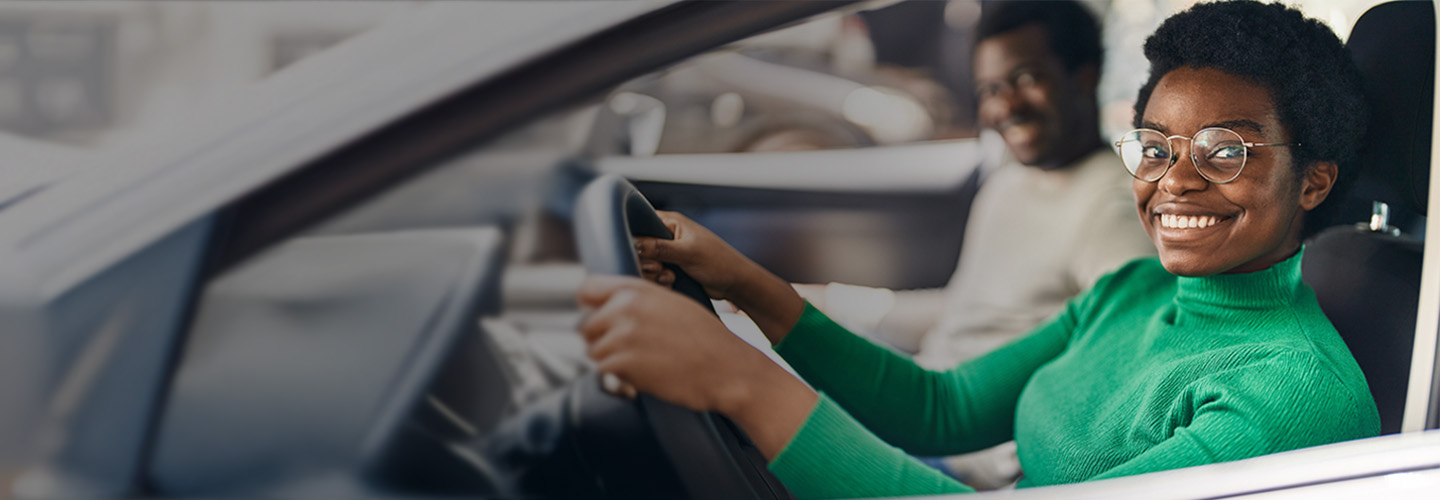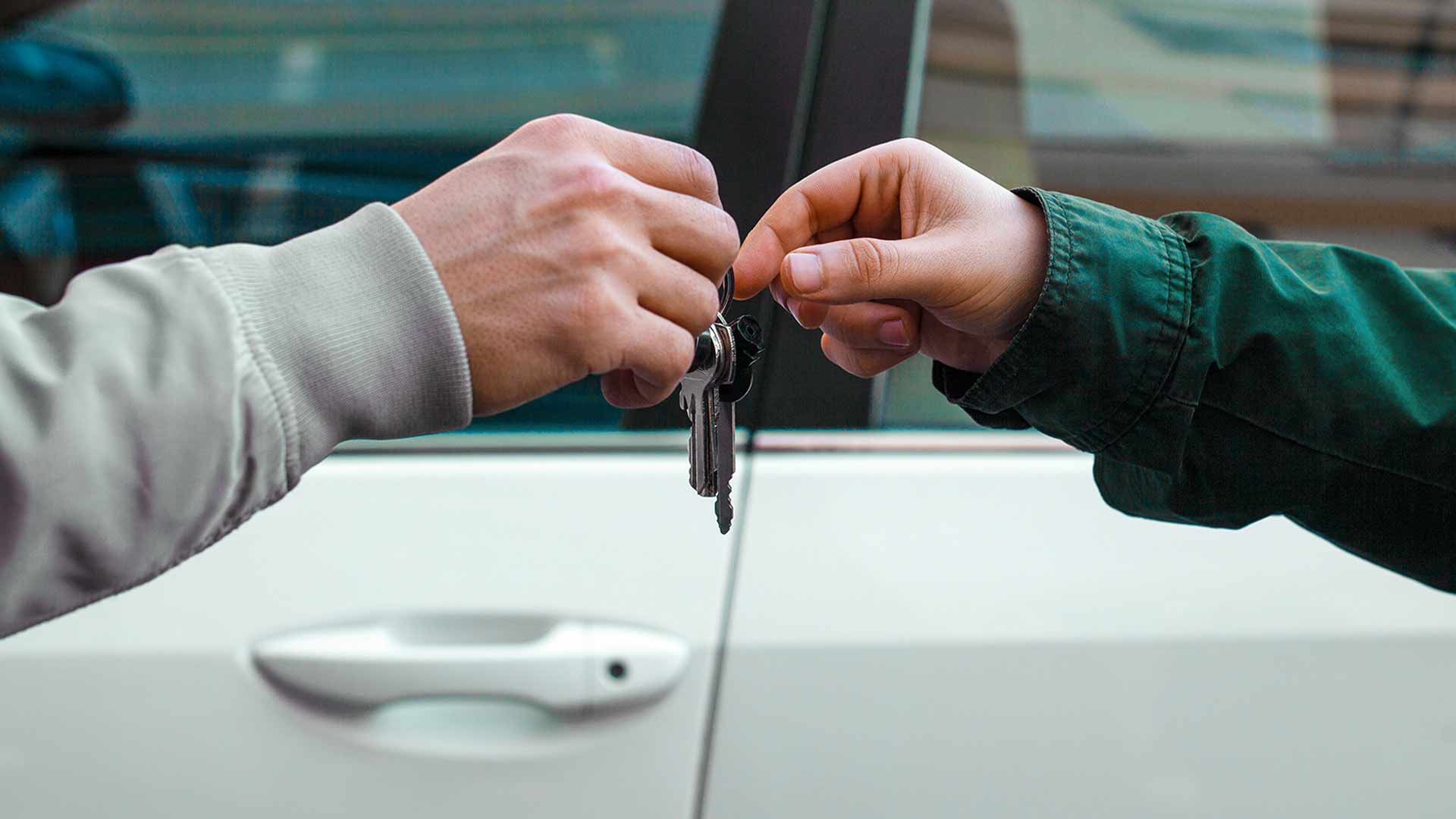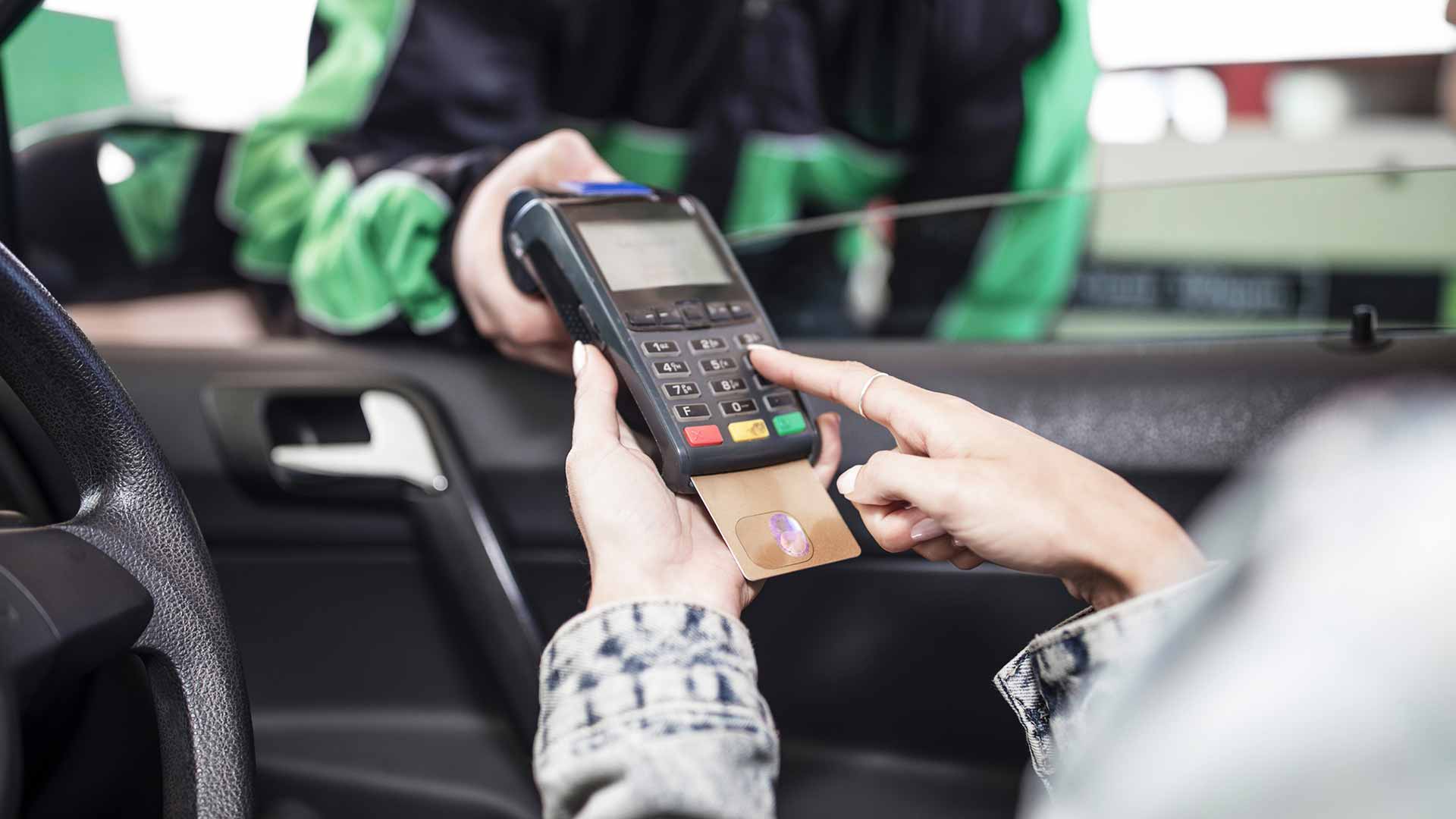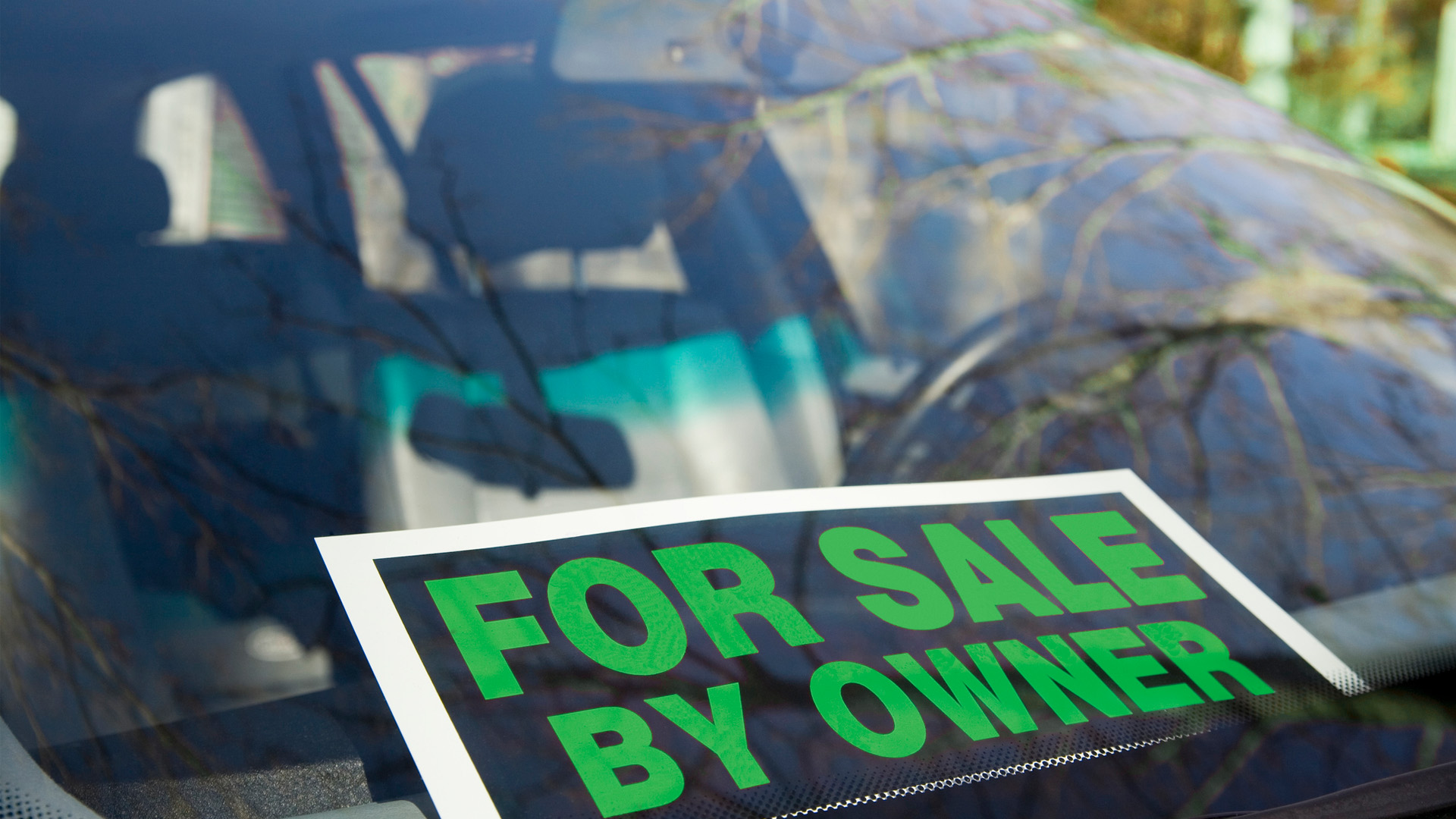Buying a car can change your life by giving you independence of movement. Have you ever thought about buying a car at an auction? Many car dealerships source vehicles for their showrooms from auctions, so effectively you can buy a car at the price a dealership would pay before adding a mark-up. If you buy a used car in a private sale from another owner, they’ll probably set a price based on what they feel the car is worth, so once again, you could end up spending more than you want to.
On the other hand, at an auction there is a wide range of cars in good condition worth buying, and you can decide the maximum amount you’re prepared to spend beforehand and set that as your top bid. The auctioneers will set a reserve price – the minimum bid that will be accepted – based on the popularity, make, model, age and condition of the car (or based on the amount still owed on a vehicle).
Depending on the demand for a particular car, you might get it for a low bid close to the reserve price. An auction involves competitive bidding, of course, so you could face other buyers trying to outbid you – that’s why you should set your maximum bid in advance and stick to it. Never bid more than you think a car is worth. You might have to attend several auctions before you find a car that you like, and that you can buy with a successful bid that doesn’t blow your budget.
But why, you may ask, are vehicles sold at auction in the first place?
5 common categories of vehicles sold at auction
1. Repossessions
The most common reason for cars ending up at auction is repossession. When a car owner defaults on their loan payments, the credit provider will do their best to work out a payment plan with the client. If the client cannot pay even restructured amounts, the lender may have to resort to legal action leading to repossession of the vehicle. Repossessed cars are often sent straight to public auction, where auctioneers sell them on behalf of the credit provider.
2. Trade-ins
Often at an auction, a successful bidder who has just bought a vehicle needs to trade in their current car to help them pay for the new one. Much like trading in at a dealership, buyers can use the money they get for their car at auction towards paying for the one they’ve just bought.
3. Recycled inventory
Not all vehicles at auction will be second-hand. Sometimes they find their way to the auction hall while still brand-new. A car may have been on the showroom floor for a long time and not found a buyer. Dealerships will want to maximise profitability by getting rid of old stock that isn’t selling. They can use the cash they make by auctioning these vehicles to invest in new inventory that’s in higher demand, often at the same auction.
Know which cars you want to bid on and the maximum bid they’re worth before the auction starts
4. Deceased estates
If a person dies while still owing money on a car loan agreement, and the heirs of the deceased estate are not able to take over the payments, the estate may have to sell the car to pay off the financing. Even if a vehicle is fully paid off, the executor may include it among assets that are sold to help pay off other debt owed by the deceased estate. Alternatively, the heirs may simply not need the car and want to sell it – these are all common reason vehicles owned by deceased estates end up at auction.
5. Surrenders
If they realise that they are not going be able to make future loan repayments for whatever reason, owners can choose to surrender the vehicle to the lender for auction voluntarily. Many take this route to avoid the stress, red tape and expense of repossession. With the help of the financial services provider, they can sell the car at auction and pay off the debt, so they will not be burdened by further payments while they save for a deposit towards a more affordable vehicle.
Does the reason a car is being auctioned matter?
It’s tempting to draw conclusions from the reason a car is being sold at auction, but this isn’t always helpful. Does a surrendered car indicate that the previous owner had a realistic, responsible attitude to money, and can you therefore assume they maintained and drove the vehicle carefully? Does a repossessed car indicate the opposite? Does old inventory mean the car stayed on the showroom floor for so long because other buyers knew something you don’t? You can never be sure of any of these assumptions.
The fact is, vehicles end up at auction for a variety of reasons. Just as you would when buying from a dealership or a private seller, you should be looking for a car in good condition that suits your needs, your lifestyle and your pocket. Do your homework on all the vehicles being auctioned, from reading trusted reviews on different models to checking the age, mileage and service history of the specific cars on offer. If you prepare thoroughly, you’ll know which cars you want to bid on and the maximum bid they’re worth before the auction starts.
For further peace of mind, only attend auctions that offer a condition report on each vehicle, so that you know the vehicle has been assessed and declared safe and roadworthy. Beware of online scammers pretending to be representatives or affiliates of an auction, who may claim that they can help you to ‘bid and pay’ online. It’s always safer to visit the auction in person, after researching it to verify that it is legitimate, before you conduct any transactions.
Find out more about car auctions and how to attend one at MFC Auctions, or call 011 879 9321.







